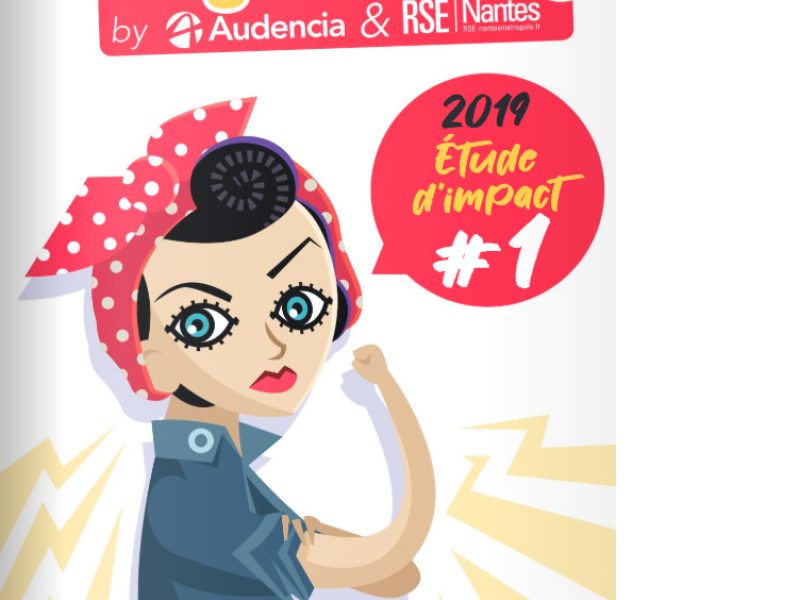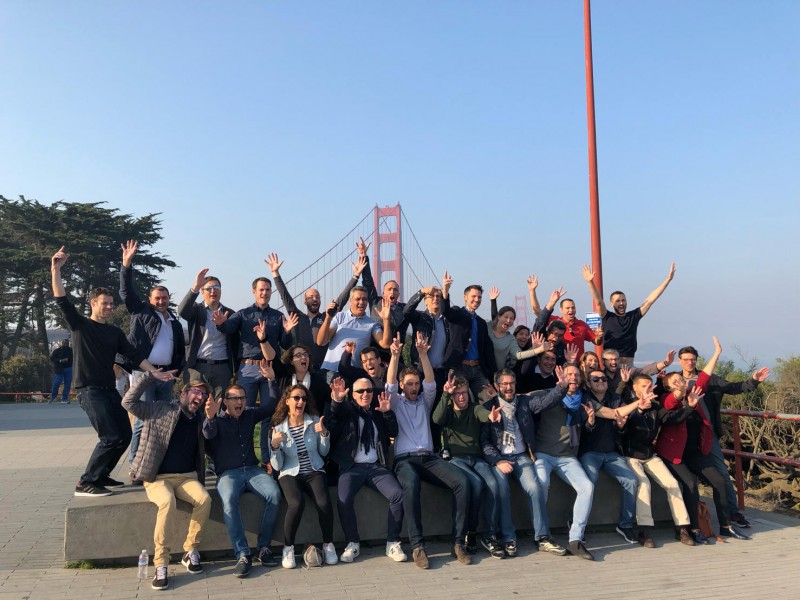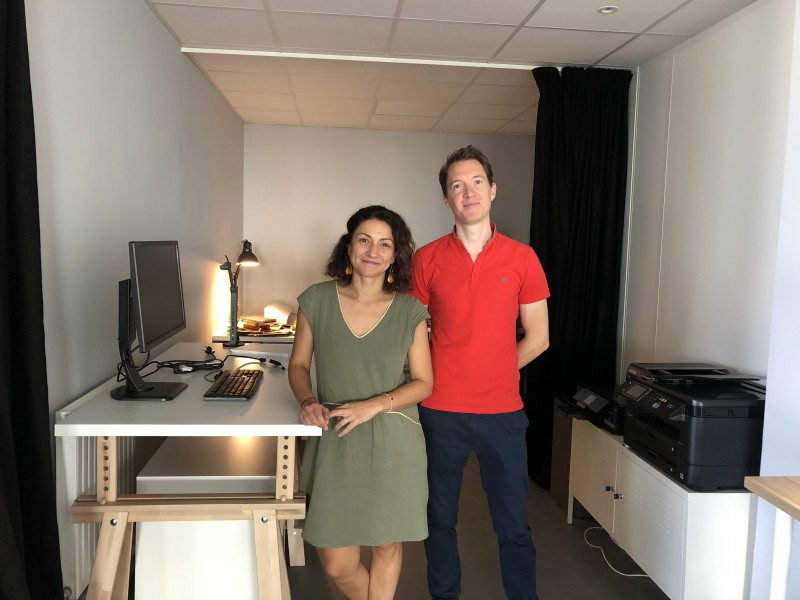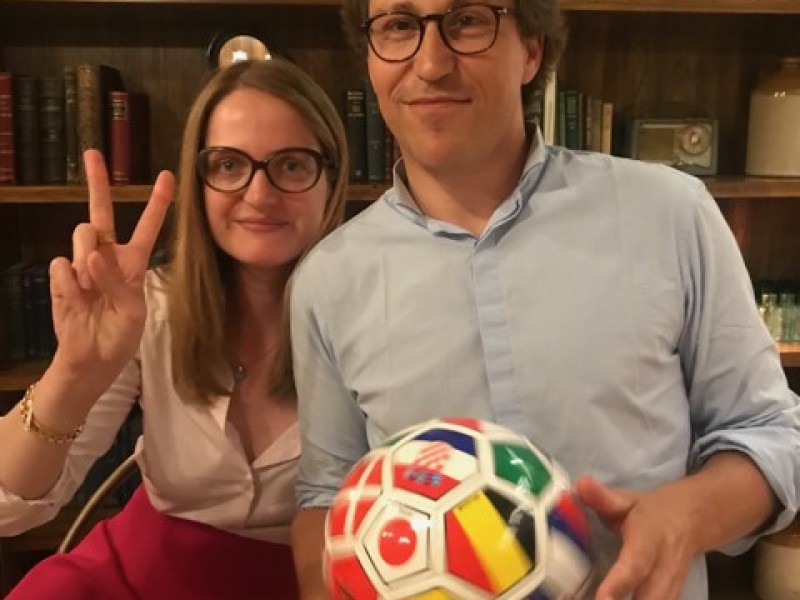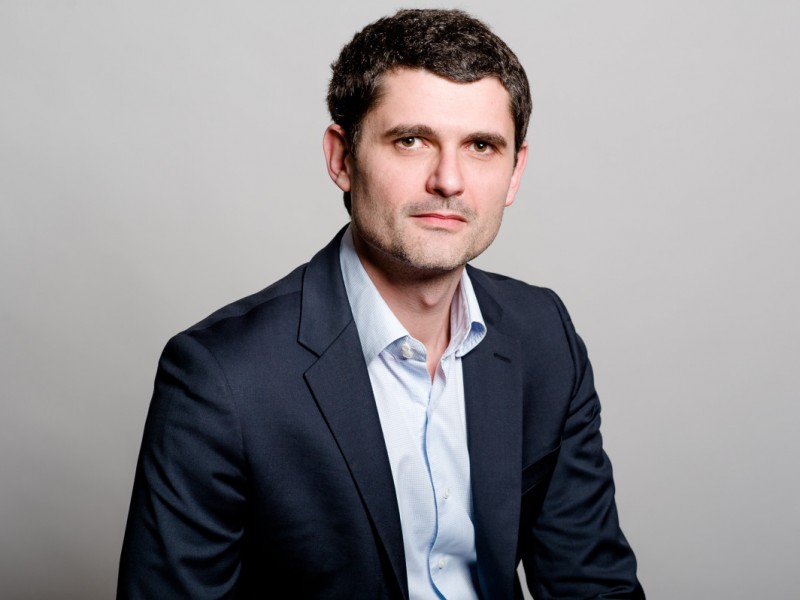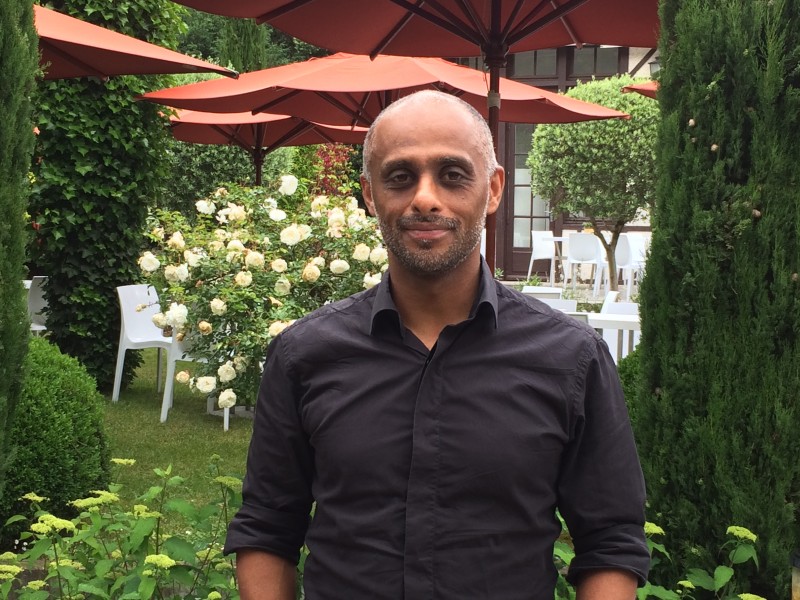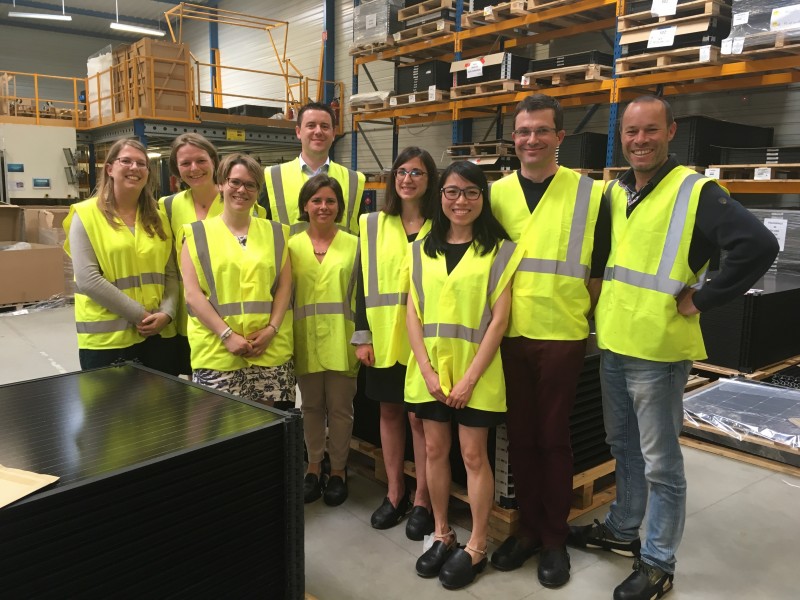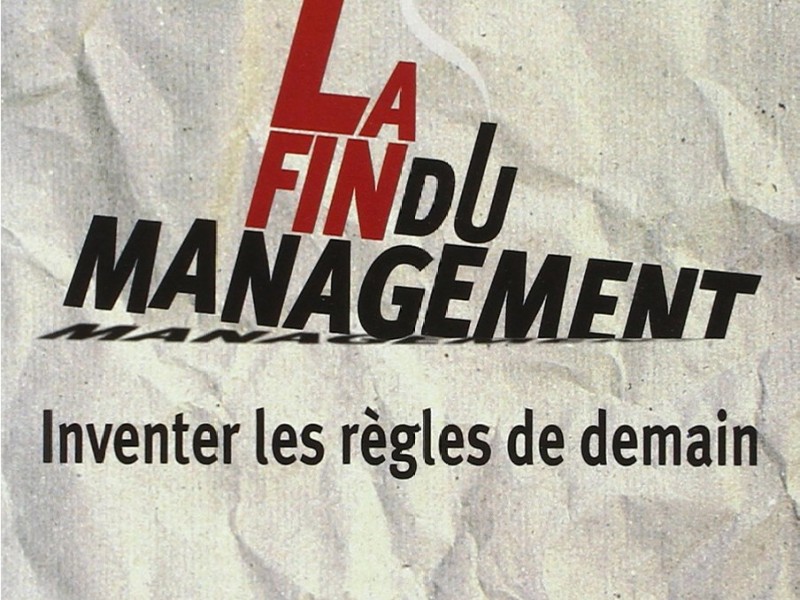-
Business
- Le 24 juillet 2017
Yvan Boudillet (GE 03) talks about emerging technologies in the cultural & creative industries
Learn How to Get Ahead
It’s impossible to deny the impact of changing technology on our lives, but it is particularly important for practitioners and entrepreneurs in the Cultural and Creative Industries (CCIs). Creative tools, distribution models, and modes of connection shift rapidly, and those with the skills to stay ahead have a sharp advantage.
“Technology has been a big disruption for the creative industries,” explains Yvan Boudillet, founder of the start-up advisory agency The Lynk and new faculty member with Audencia Business School’s MSc in Management and Entrepreneurship in the Creative Economy. Boudillet would know. He spent more than a decade in the music industry, working for EMI/Warner as they confronted changes brought on by the growth of streaming platforms like Spotify.
Boudillet, an Audencia alumnus himself, chose to embrace this new technological landscape. He was Consumer Strategy Director for France at Warner, where he linked label identities with media buyers, consumer insights and digital strategy. “I also worked to identify start-ups that filled specific needs Warner was hoping to grow.” He continues to connect start-ups in the CCIs through his work for The Lynk and another project, Startup Sesame.
“Technology offers a great opportunity,” Boudillet says, “both for marketers to work with creators, and for creative entrepreneurs themselves to build new connections with their audience while monetising their creative work.” He adds that technology is key to connecting and interacting with an audience in today’s user-centric market, which increasingly treats creative content as an experience.
So what are the next up-and-coming technologies? According to Boudillet, virtual reality (VR, which replicates real-world environments), augmented reality (AR, which supplements the perception of real-world environments), andartificial intelligence (AI) are all making waves. VR and AR are still in beginning stages – which means there is anopportunity for ambitious creators to get in on the ground floor.
While AI has been used for years by services like Netflix to curate audience recommendations, Boudillet sees endless possibilities on the creative side. “I think the next frontier is not only how tech will reveal arts and shape cultural trends through data-driven curation,” he says, “but how creators will use artificial intelligence to enhance the creation process.”
For young creative practitioners and entrepreneurs dealing with emerging technologies, Boudillet emphasises that curiosity is vital – as illustrated by the example of filmmaker Anrick Bregman, recently profiled in 99u. Bregman became interested in VR in 2015 and, curious to see if he could figure it out, made a demo film with a friend on a trip to Ireland. Fast-forward just over a year later, and Bregman’s early experience with VR has jump-started a career in video game design and advertising for clients such as Lexus and Stella Artois.
Learning the new technology was a challenge, Bregman says, but his determination paid off. “The filming wasn’t perfect,” he says of the initial project, “but I was impatient to learn about the process and have something on my reel to show off, to say ‘I’m doing this now.’”
Another must for success in today’s tech-savvy climate is analytical thinking and an understanding of the complex relationship between technology and the CCIs. The MSc in Management and Entrepreneurship in the Creative Economy, a new Audencia programme run in association with the Glasgow School of Art, helps students develop this through rigorous coursework, hands-on projects, and mentorships with faculty leaders in the field.
Additionally, for the first time this fall, Boudillet will be teaching a module for the programme entitled Augmented Creativity, which aims to help students confront this very issue of emerging technology in the CCIs. The module will provide a global overview of technological disruption through the years, and a close look at its applications in both the artistic and business arenas.
“Artists are supposed to be ahead of the curve, so they need to lead the way,” Boudillet says. “Technology enables control of the market. If you want to be an entrepreneur working in the CCIs, you need to know how to use it.”
But it’s not just about business, he notes – learning to use new technologies can be artistically invigorating as well. “It can open a playground for artists and give them tools to open new creative doors.”
For more information on the programme and application process, see our programme page.
Copyright photo: Antiv3D
